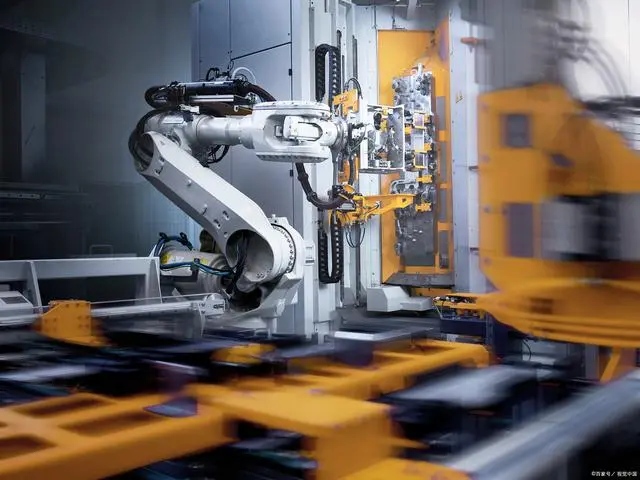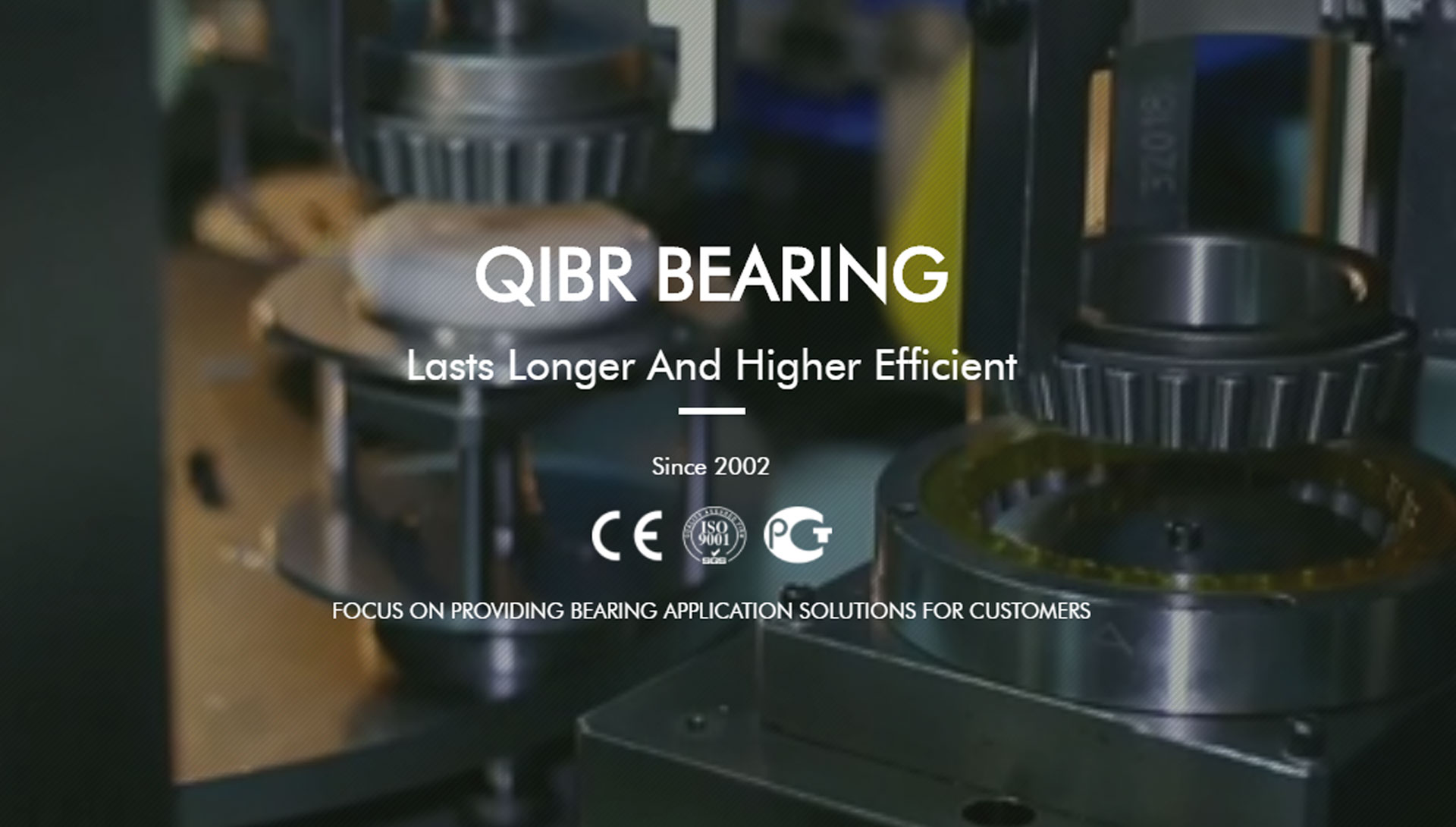PSYZC News
Ball screw: high-precision transmission component of robots
release time:2023/10/12 11:24:01
Ball screw: high-precision transmission component of robots

The current technological breakthroughs in industrial machine core and robotics, represented by core components,
are expected to promote a new round of high-end equipment revolution from the roots of the manufacturing industry.
When the new demand for downstream expansion is transmitted to the upstream parts field, it will be multiplied by the number of corresponding parts used, and the multiple will be amplified.
As a commonly used transmission component in automation mechanisms, ball screws are expected to continue to expand in market space.
Screws can be divided into three categories according to their friction characteristics: sliding screws, rolling screws and static pressure screws.
Sliding screw: Large friction, low transmission efficiency, generally 26% to 46%, fast wear, easy self-locking, poor positioning accuracy and axial stiffness; but simple structure and low cost.
Hydrostatic screw: The thread profile is the same as the standard trapezoidal thread profile, but the thread profile is 1.5 to 2 times higher than the standard thread of the same specification.
The purpose is to obtain a good oil seal and improve the load-bearing capacity. However, it is troublesome to adjust and requires a hydraulic system. The process is complex and the cost is high.
Rolling screw: It can be divided into two categories: ball screw and roller screw.
The transmission efficiency is high, generally reaching 90~96%; it also has good wear resistance, long life and high precision.
Pressure can achieve higher rigidity.





